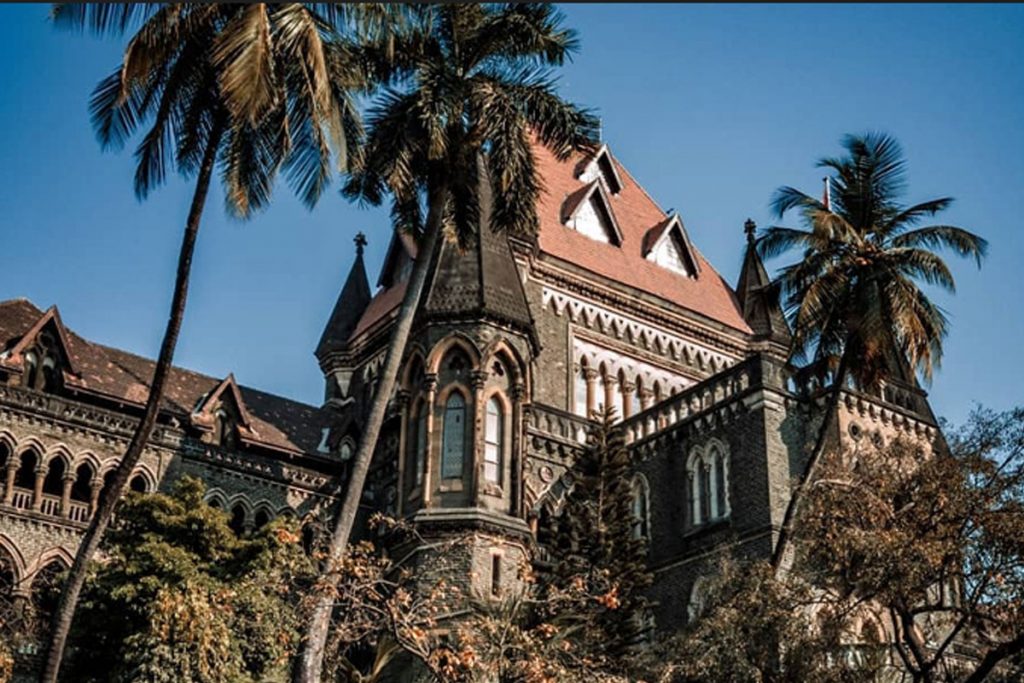The Bombay High Court has warned a divorced woman that she may lose her 50 percent share in a posh Pune flat if she refused her ex-husband access to their minor daughter.
The high court allowed the woman, who has got a job in the US to take along her minor daughter, but if she failed to grant her access to the girl’s father in India, then the woman stood to forfeit her 50 percent share in his flat.
This was a key point in a settlement arrived between the erstwhile couple who were given a mutual consent divorce by a Pune court in 2020, which granted the girl’s custody to the mother and also allowed her regular access to the father.
However, in the past over three years, the former husband-wife filed multiple petitions against each other including civil and criminal and also a contempt plea by the ex-husband against the ex-wife for violating the Pune court’s child access orders.
When the matter reached a division bench of Justice B. P. Colabawalla and Justice M. M. Sathaye, it finally culminated in a settlement last week between the feuding divorcees.
The court has allowed that the girl’s father can get virtual access to the daughter for 15 minutes each time and a month-long physical visit to Pune from the daughter during her school vacations.
When the father’s lawyer Amol Jagtap raised apprehensions over the enforceability of the consent terms since now the woman would be living abroad, beyond the jurisdiction of the court, the judges heard the woman’s lawyer Abhijit Sarwate.
Agreeing with Jagtap’s concerns, the court said that in such an eventuality the girl’s father would be free to file contempt proceedings against the mother.
Moreover, if the woman was filed to be in civil contempt for flouting the child access orders, she may have to let go her 50 percent share in the Pune flats to the ex-husband, and upon failure to do so, the court could appoint a Commissioner to ensure the transfer of her share to the girl’s father.
Thereafter, as part of the settlement, the ex-couple withdrew their respective contempt petitions against each other and resolved their long-pending legal disputes.
